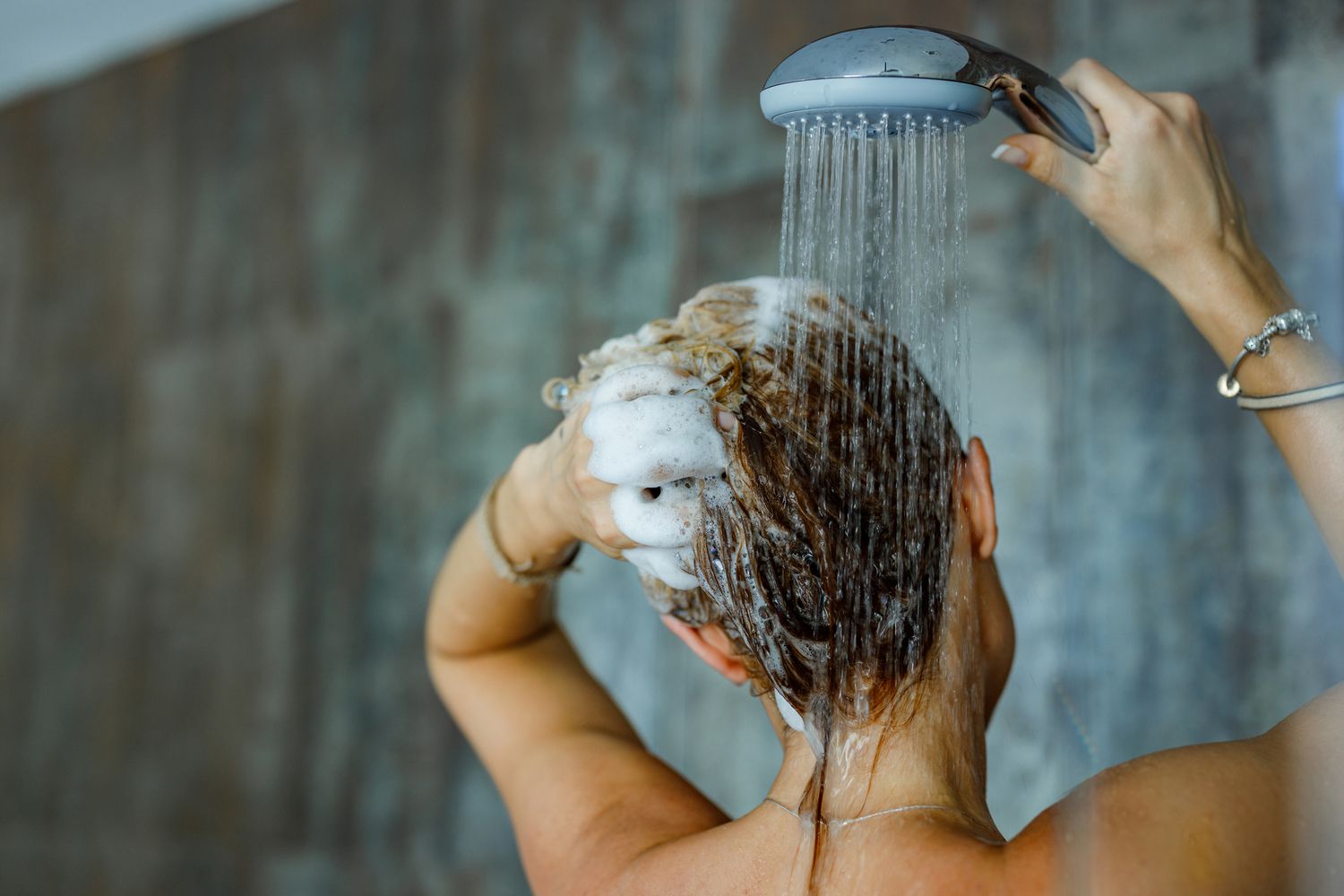Doctors Recommend the Best Time of Day to Shower

The everyday act of showering, which forms an integral part of most people's routines, raises an interesting question: does the timing of your shower- morning or night- affect health?
This has been a topic of discussion and debate for many, with people arguing about the benefits of their preferred shower times on digital platforms. Some even go so far as to state that scientific evidence provides support for their claims.
In spite of the division among people who prefer to shower either in the morning or night, health implications corresponding to these choices may not be significant. A consensus among healthcare professionals seems to be that showering can happen at any time that suits you.
“There is no scientific literature that says you need to shower in the morning or at night,” Professor and Chief of infectious disease at the University at Buffalo, Thomas Russo, MD, stated.
While there isn't a blanket directive about this, doctors recommend a particular time over another based on a person’s health conditions and preferences.
Let's explore what experts have to say regarding the health impacts of showering in the morning and at night and how to decide what works best for you.
First off, a morning shower enables one to cleanse whatever accumulated overnight.
While asleep, bacteria and skin cells can gather and rest on your sheets or skin. Cindy Wassef, MD, assistant professor of dermatology at the Rutgers Robert Wood Johnson Medical School, adds that if you sweat during sleep, that too would be on your skin, and thus, a morning shower could help wash it away.
Moreover, a shower can also enhance morning alertness. A shower acts as a cue for the body to wake up, says W. Christopher Winter, MD, neurologist and sleep medicine physician at Charlottesville Neurology and Sleep Medicine. He further adds that if this cue repeats at the same time daily it can serve as a circadian marker that makes one feel more awake.
If a person chooses to shower in the cold, the effect of alertness can be intensified. It gets your body to release neurotransmitters like norepinephrine and dopamine- the “feel-good” hormone, waking you up in turn.
If you work out in the morning, showering post-exercise could be a practical or logical choice.
According to a 2018 survey on consumer intelligence, half of those who workout among Americans prefer morning workouts. If you fall into this category, it is best to have a shower right after your workout.
"To remove sweat, dirt, and oils from the skin, the ideal time for a shower is after exposure to these factors, which for most people happens post workout", says Joshua Zeichner, MD, director of cosmetic and clinical research in the dermatology department at Mount Sinai Hospital.
There are a number of benefits of a morning shower routine, in addition, taking a shower at night also offers multiple advantages.
A pre-bedtime shower cleanses skin after a day of contact with dirt and harmful organisms. This helps in keeping your sheets clean as you sleep, mentions Zeichner.
While this may not prevent diseases, those with a compromised immune system may find it beneficial to shower and wash away germs before bed, Russo provides a clarification.
If you suffer from seasonal allergies, a night-time shower can help eliminate any residual pollen that may provoke allergy symptoms during the night.
A pre-bedtime shower could also be beneficial to those suffering from skin conditions such as eczema.
"Irritants and pollution can exacerbate some skin diseases," states Wassef. If such factors frequently come into contact with your skin, an evening shower might be a good idea.
Moreover, people with dry or eczema-prone skin have an extensive moisturizing routine, thus a night-time shower can be more practical.
Those suffering from these conditions should carry out moisturizing in two steps, first applying a water-based product, then a thin coat of an oil-based moisturizer such as Vaseline, explains Ife J. Rodney, MD, the founding director of Eternal Dermatology + Aesthetics and professor of dermatology at the George Washington University School of Medicine and Health Sciences.
"This practice efficiently locks moisture into your skin," Rodney tells Health.
However, these layers can feel comparatively heavier in the morning or stain clothing, which makes a night-time shower more attractive.
One final reason people may want to shower at night is to ease their transition to sleep. Just like taking a shower in the morning can be a cue that it’s time to wake up, it can also be a helpful tip-off to your body in the evening that it’s time to wind down, Winter said.
“Raising your temperature before bed—and the cooling that follows—can be a natural trigger for sleep, as the rapid decline in body temperature that happens in the evening is a trigger for sleep,” he said.
Though there are benefits associated with both nighttime and morning showers, trying to do both is likely unnecessary, or could even be harmful, dermatologists said.
“Too-frequent showering can leave skin and hair dry and lusterless,” said Wassef.
If you do have to shower twice in a day—maybe you got sweaty or had an impromptu afternoon workout—consider using a cleansing oil or moisturizing cleanser instead of traditional soap, Rodney recommended.
“Using soap twice a day can strip your skin of its moisture and dry it out,” she said.
When it comes to deciding your ideal shower schedule, take into account your normal exercise routine, skin conditions or allergies, and any sleep concerns. But in general, the best time to shower is the time that works for you.
“It’s really whatever fits with your lifestyle,” Rodney said.




